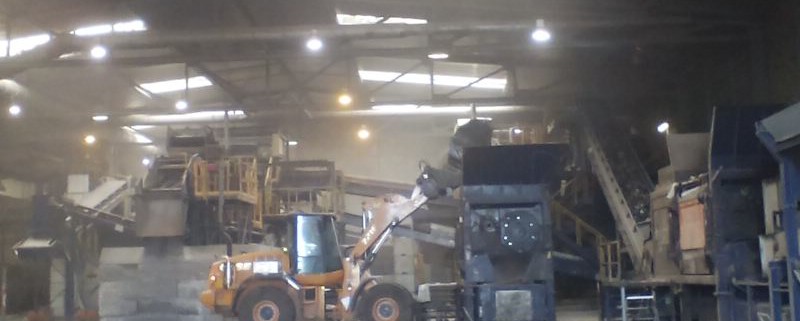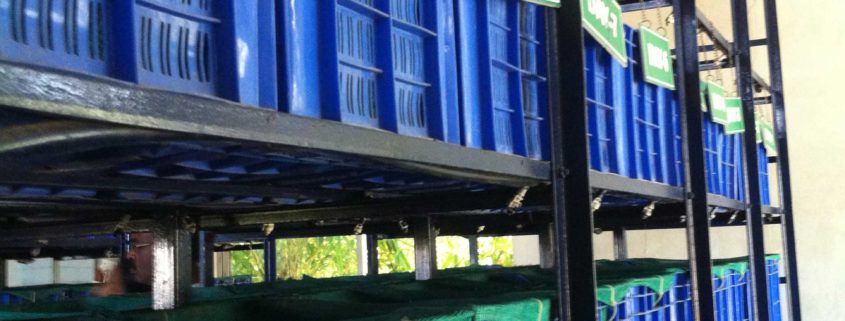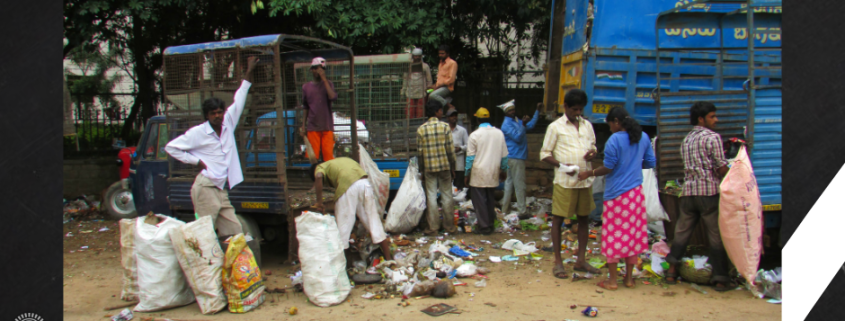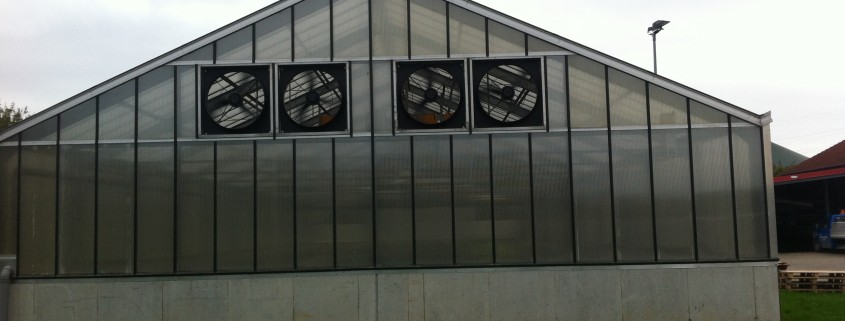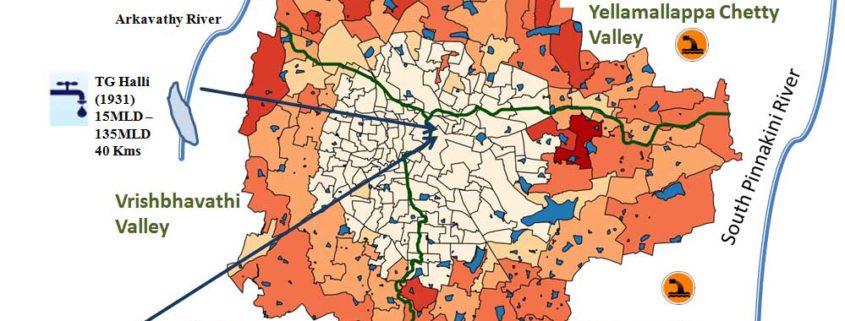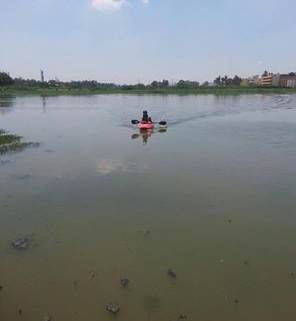Mechanical Biological treatment
Mechanical biological treatment is the sorting of mixed waste into recyclables, converting organic matter into compost or biogas and creating a refuse derived fuel(RDF) which is a substitute for solid fuel in cement industries. The mechanical treatment involves, screening of waste based on particle size, magnetic separation of ferrous material, eddy current based systems for non-ferrous metals and other advanced sorting techniques.
Organic waste management
Organic waste constitutes over 60% of the municipal solid waste in India and due to favorable climatic conditions for decomposition, it gets putrified quickly. This category of waste can be treated with aerobically or anaerobically. Aerobic treatment involves controlled degradation of organic substance resulting in compost as a by-product that can be used as a fertilizer. Anaerobic treatment is the conversion of organic matter into gaseous products such as methane and carbon-di-oxide mixture known as Biogas. This can be used as a replacement for cooking fuel or converted to electricity.
Waste characterization and analysis
This involves determining statistically accurate physical and chemical composition of the waste. The study helps in estimating the waste generation, identifying patterns of waste composition in different areas, determine the physical composition and identify the recycling and market potential of the waste. The chemical analysis is important to design the downstream treatment processes and recycling systems.
Integrated Solid Waste Management
This involves designing complete waste management system which includes collection, transfer and treatment. The collection and transfer system usually accounts for over 70% of the waste management costs and hence need to be optimized and designed efficiently. The treatment solutions have to be in sync with the collection systems and more importantly the characteristics and composition of the waste.

